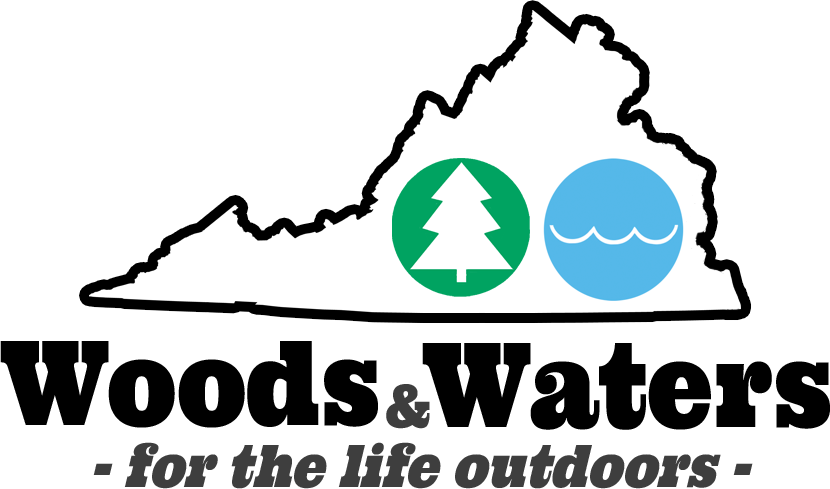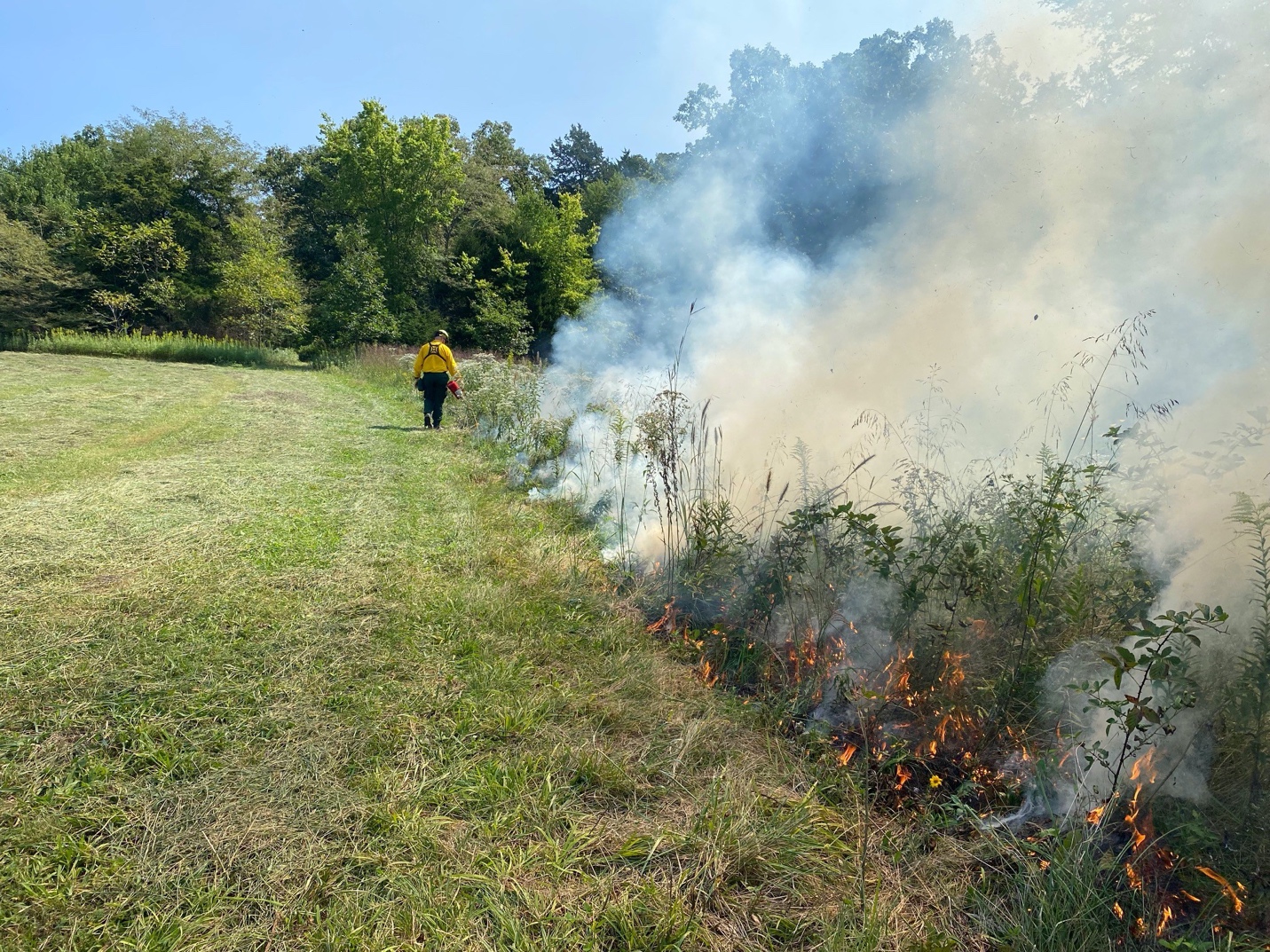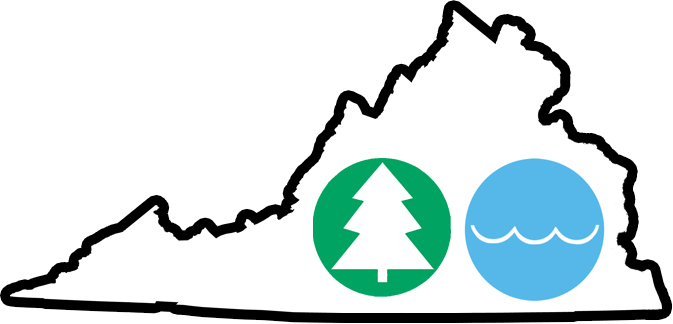Our W2 Profile pieces highlight a diverse array of hunters, anglers, conservationists and outdoor retailers. You can learn much from the stories of our subjects about determination and effort.
For this month’s W2 Profile we caught up with Devon McGinnis, a young wildlife biologist with a passion for property management..
McGinnis, 29 is a Virginia native that currently residents in Raleigh, North Carolina and operates 110 Land Co.
We asked him to share the story of how he decided to start a land management company.
“I always had the dream to run my own business. Prior to 110 Land Co. I was working for another wildlife management company. It quickly became evident to me that there was a gap in the local market, as no company was actively incorporating innovative ideals and practices to help land achieve its maximum potential,” he explained.
We also asked Devin what had prepared him to create and operate 110 Land Co?
“I couldn’t have accomplished it without the never-ending support of my wife. After transitioning out of the military, she encouraged me to chase my dreams of being a wildlife biologist, which is what brought us to Raleigh. I knew that North Carolina State was one of the top schools in the country for wildlife research, and I am proud to have graduated with a Bachelor’s of Science in Fish, Wildlife, and Conservation Biology with an emphasis on Wildlife and a minor in Forestry. My educational background, coupled with my lifelong experience as a hunter hailing from a small town in rural Virginia, has equipped me with the skills to translate scientific knowledge into practical field applications. This enables me to enhance landowner experiences and contribute to the overall health of ecosystems through effective best management practices.”
So what is McGinnis’ plan for 110 Land Co?
“My main objective with 110 is to make professional wildlife management insight available and affordable to landowners. I understand that not everyone has thousands of acres or thousands of dollars to spend on managing their land, but if I can present them a plan and teach them the techniques on how to implement that plan, we can really make some change that benefits both the landowner and the wildlife they pursue. “
Land management is common but not everyone understands the process so we asked Devon to describe it from customer contact to an in-person visit to his or her property.
“The process is really pretty simple. The customer contacts us through our website, email, or phone directly and we go from there. It starts with a phone or email interview so I can get an idea of what the landowner’s objectives are and how much or how little they want me involved throughout the process of implementing that plan. Some landowners just want me to come visit them for a day and talk about different management techniques they can implement and nothing more. Others want to give me the reins and not only come out for a consult, but also write a full management plan, implement that plan for them, and provide a hunting strategy so all they have to do is show up on opening day. “
Some of the more common jobs he performs for customers include: a land consultation followed by a comprehensive management plan that details everything talked about during the consultation. The plan outlines habitat practices per target species, food plot planning where appropriate, waterfowl impoundment management, detailed maps, and other techniques that contribute to the overall success and enjoyment of the property.
We asked him to relate an interesting success story about managing a customer’s property.
“I get a lot of joy from watching my clients succeed in whatever their specific management objectives are. However, my favorites are always the properties that are managed with an emphasis on bobwhite quail. As a passionate bird hunter, nothing makes me happier than seeing habitat get established and quail populations begin to rebound. There’s a property in central Virginia I wrote a plan for that is incorporating timber management along with disturbance by way of prescribed fire and seasonal disking to promote better quail habitat and populations are really starting to respond.”
The biggest job he’s had so far?
“I wrote a plan for a 1400-acre property in eastern NC with the primary management focus on bobwhite quail and waterfowl and secondarily hunter opportunity for deer and bear. It included waterfowl impoundments, timber harvests, prescribed fire, food plots, and several other techniques that promote vegetation needed to support those species throughout the year. “
So what has McGinnis learned since he’se started 110 Land Co?
“Every property is different and there’s no ‘one size fits all’ approach to land management. Different landowners have different objectives and different properties need different enhancements based on the condition of the habitat that is already established for the target species and what the surrounding land provides. Contrary to what you may see online or TV, not every property needs a food plot or that five-acre switchgrass planting. When in doubt, follow the science. Be a student of wildlife and you will gain a better understanding of what it is they need to thrive.
Lastly, we are always curious what our profile subjects like to do in their spare time, so we ask.
“First and foremost I am a husband. I enjoy spending time with my wife, traveling, and being outside. Next to that, I am an outdoorsman and hunter. I spend all my free time either hunting, learning more about hunting, or preparing for hunting. Whether that’s physically training to hunt the mountains, shooting my bow, or training bird dogs, everything I do revolves around being a hunter and conserving our wild places. I am also involved in several conservation organizations such as Ducks Unlimited, Quail Forever, and the Ruffed Grouse Society/American Woodcock Society.



